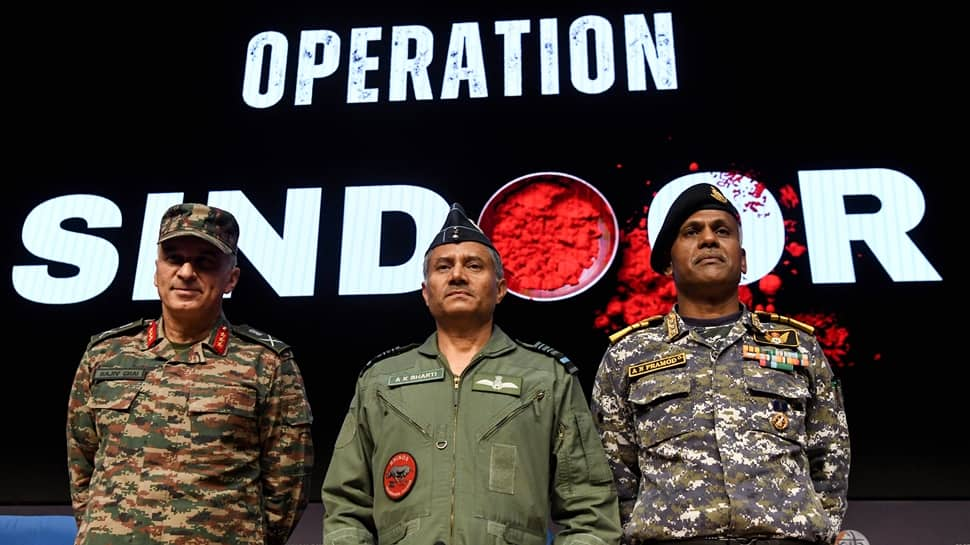Amid the raging Israel-Hezbollah conflict, Israeli Prime Minister Benjamin Netanyahu found himself in fresh trouble on Thursday after the International Criminal Court issued arrest warrants accusing him of war crimes and crimes against humanity over their 13-month war in Gaza and the October 2023 attack on Israel, respectively.
A similar warrant was also issued to his former Defense Minister Benny Gantz and Hamas officials. The decision taken by the ICC was rejected by Netanyahu’s office, dubbing them “anti-Semitic.” “Israel rejects with disgust the absurd and false actions leveled against it by the ICC,” his office said in a statement, as quoted by news agency AP. Israel won’t “give in to pressure” in the defense of its citizens, the statement further stated.
Following the warrants issued by the ICC, Netanyahu and the others were turned into internationally wanted suspects and are likely to further isolate them and complicate efforts to negotiate a ceasefire to end the fighting. The practical implications of the warrants, however, could be limited since Israel and its major ally, the United States, are not members of the court and two of the Hamas officials were killed in the conflict.
Condemning ICC Chief Prosecutor Karim Khan’s request for warrants, Netanyahu and other Israeli leaders dubbed it disgraceful and antisemitic. Expressing support for Israel’s right to defend itself against Hamas, U.S. President Joe Biden blasted the prosecutor. The request was also slammed by Hamas. The three-judge panel issued a unanimous decision to issue warrants for Netanyahu and his former Defense Minister, Yoav Gallant.
“The Chamber considered that there are reasonable grounds to believe that both individuals intentionally and knowingly deprived the civilian population in Gaza of objects indispensable to their survival, including food, water, and medicine and medical supplies, as well as fuel and electricity,” the decision said, as quoted by AP.
The court also issued a warrant for Mohammed Deif, one of the leaders of Hamas, over the October 2023 attacks that triggered Israel’s offensive in Gaza. The ICC chief prosecutor withdrew his request for warrants for two other senior Hamas figures, Yahya Sinwar and Ismail Haniyeh, after they were both killed in the conflict.
The Israeli Foreign Ministry said in September 2024 that it had submitted two legal briefs challenging the ICC’s jurisdiction and arguing that the court did not provide Israel the opportunity to investigate the allegations itself before requesting the warrants.
“No other democracy with an independent and respected legal system like that which exists in Israel has been treated in this prejudicial manner by the prosecutor,” Foreign Ministry spokesperson Oren Marmorstein wrote on X. He said Israel remained “steadfast in its commitment to the rule of law and justice” and would continue to protect its citizens against militancy.
The ICC is a court of last resort that only prosecutes cases when domestic law enforcement authorities cannot or will not investigate. Israel is not a member state of the court. The country has struggled to investigate itself in the past, rights groups say. Despite the warrants, none of the suspects is likely to face judges in The Hague anytime soon. The court itself has no police to enforce warrants, instead relying on cooperation from its member states.
Even so, the threat of arrest could make it difficult for Netanyahu and Gallant to travel abroad, although Russian President Vladimir Putin, who is wanted on an ICC warrant for alleged war crimes in Ukraine, recently showed he could still visit an ally when he traveled to Mongolia, one of the court’s member states, and was not arrested.
Member countries are required to detain suspects if a warrant has been issued if they set foot on their soil, but the court lacks a mechanism to enforce its warrants. Khan sought warrants in May, accusing Netanyahu and Gallant of crimes including murder, intentionally attacking civilians, and persecution.
In a statement at the time, Khan alleged that Israel “has intentionally and systematically deprived the civilian population in all parts of Gaza of objects indispensable to human survival” by closing border crossings into the territory and restricting essential supplies, including food and medicine.
At the same time, he accused three Hamas leaders—Sinwar, Deif, and Haniyeh—of crimes linked to the October 7, 2023, attacks, when Hamas-led militants stormed into southern Israel, killing some 1,200 people and abducting another 250. The three leaders are accused of crimes including murder, extermination, taking hostages, rape, and torture.
“The Chamber found reasonable grounds to believe that Deif, born in 1965, the highest commander of the military wing of Hamas (known as the al-Qassam Brigades) at the time of the alleged conduct, is responsible for the crimes against humanity of murder, extermination, torture, and rape and other forms of sexual violence, as well as the war crimes of murder, cruel treatment, torture, taking hostages, outrages upon personal dignity, and rape and other forms of sexual violence,” a statement said, as quoted by AP.
Haniyeh was assassinated in what was believed to be an Israeli strike in Iran in July. Israel also claims to have killed Deif, but Hamas hasn’t confirmed his death. Sinwar, who was promoted to succeed Haniyeh as Hamas’ leader, was killed in a chance front-line encounter with Israeli troops in October.
(With AP Inputs)









